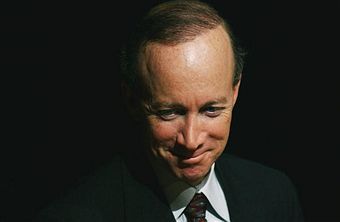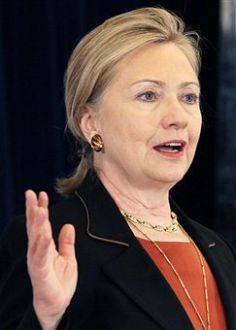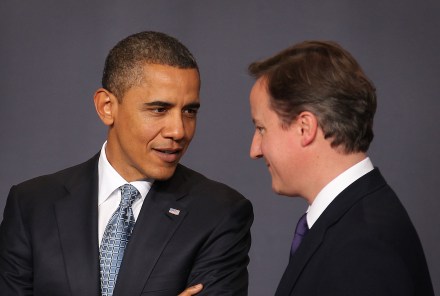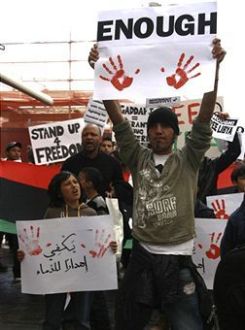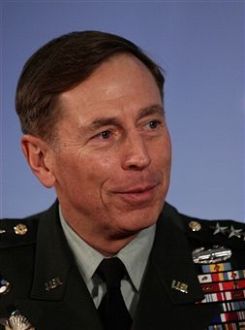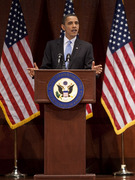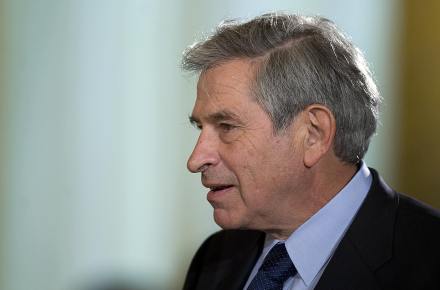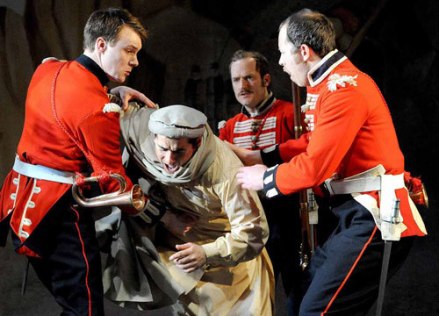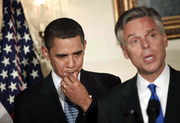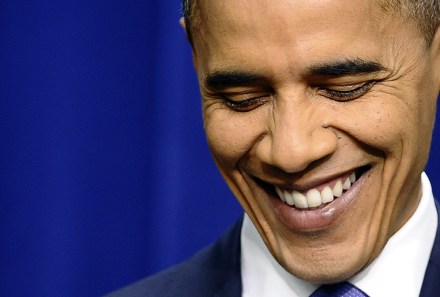A word for Mitch
In the magazine’s cover piece this week (read it here or subscribe from just £1/issue), Richard Littlejohn described the rather feeble assortment of Republican contenders for next year’s presidential elections. But he left out Mitch Daniels, the Governor of Indiana, who seems to be emerging as a favourite among American conservatives. Daniels hasn’t yet declared his candidacy, and at first glance he comes across as a dweeb. But it would be foolish to underrate him. In 2008, against a tide of Obama-mania, Daniels won the Indiana governorship with ease. He got more votes, in fact, than any candidate in the state’s history. The secret of Daniels’s success is his
